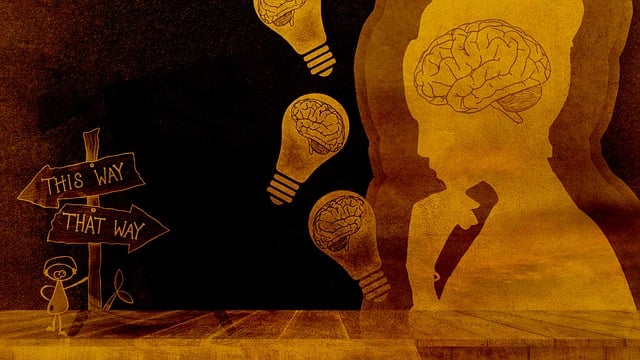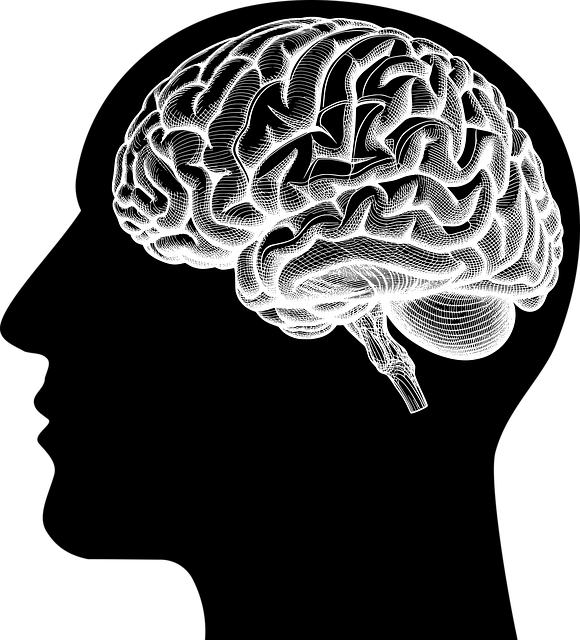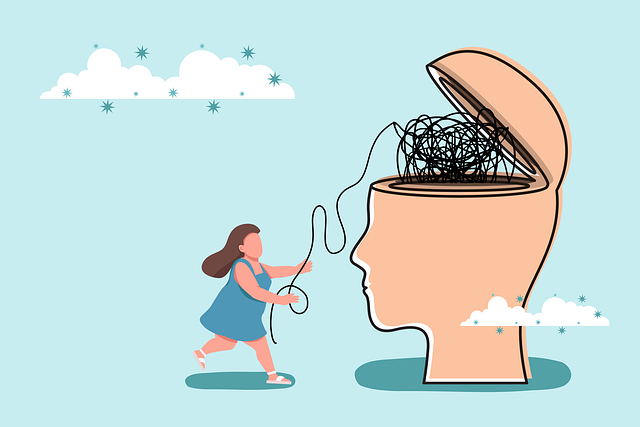Therapy for Young Adults with Adjustment Disorder offers a game-changer approach to mental health support. Evidence-based practices like cognitive-behavioral therapy (CBT) and mindfulness target root causes, fostering personal growth and empowering young adults with effective coping mechanisms. Mental Health Policy Analysis and Advocacy ensures accessible support systems. Specialized therapy options focusing on peer support, digital platforms, and mindfulness training alongside traditional talk therapy are crucial for navigating these challenges. Healthcare providers play a vital role in promoting self-care and encouraging access to services, ultimately enhancing mental wellness and resilience among young adults affected by Adjustment Disorder.
Trauma support services are crucial in helping young adults cope with adjustment disorders, a common yet complex mental health challenge. This article explores effective strategies and resources for providing comprehensive care to this vulnerable population. We delve into understanding the specific needs of young adults dealing with adjustment disorder and offer insights on accessing specialized therapy, including evidence-based practices. By navigating these services, professionals can foster resilience and support healing.
- Understanding Therapy for Young Adults with Adjustment Disorder
- Accessing and Navigating Trauma Support Services
- Effective Strategies for Providing Comprehensive Care
Understanding Therapy for Young Adults with Adjustment Disorder

For young adults grappling with adjustment disorder, specialized therapy can be a game-changer. This mental health condition often arises during times of significant transitions or stress, affecting a person’s ability to cope and adapt. Therapy provides a safe space for individuals to process these challenges, offering valuable tools to manage symptoms and improve overall emotional well-being. Through evidence-based practices tailored to their needs, young adults can develop resilience and learn healthy coping mechanisms.
The therapeutic journey focuses on understanding the root causes of the disorder and fostering personal growth. Techniques such as cognitive-behavioural therapy (CBT) help individuals identify and challenge negative thought patterns. Additionally, mindfulness-based interventions enhance self-awareness and promote emotional regulation, boosting confidence in managing stress. Mental Health Policy Analysis and Advocacy plays a crucial role in ensuring accessible and effective support systems for this vulnerable population. By combining these therapeutic approaches, young adults can navigate their challenges with greater ease, paving the way for a more fulfilling future.
Accessing and Navigating Trauma Support Services

Accessing trauma support services can be a significant step towards healing and recovery. Young adults experiencing Adjustment Disorder or other traumatic stress disorders often face unique challenges in navigating these resources, given their specific needs and life stage. Many support services are designed for broader demographics, which may not adequately address the complexities of young adult identities and experiences. To overcome this, it’s crucial to seek out specialized therapy options tailored to this age group, such as those focusing on peer support, digital therapy platforms, or groups that integrate stress reduction methods like mindfulness training alongside traditional talk therapy.
Navigating these services efficiently requires understanding one’s eligibility for various programs and knowing where to look for them. Mental wellness coaching programs can be instrumental in guiding young adults through this process, offering tailored advice based on their unique situations. Additionally, healthcare providers play a vital role in burnout prevention strategies by promoting self-care practices and encouraging access to support services. By combining these approaches—specialized therapy, targeted coaching, and healthcare provider involvement—young adults can more effectively access the trauma support they need, fostering improved mental wellness and resilience.
Effective Strategies for Providing Comprehensive Care

Effective strategies for providing comprehensive care involve a multi-faceted approach tailored to meet the unique needs of young adults struggling with Adjustment Disorder. One key component is integrating evidence-based therapeutic modalities, such as cognitive behavioral therapy (CBT), which has proven successful in helping individuals process and manage traumatic experiences. CBT equips young adults with coping skills development, enabling them to challenge negative thought patterns and engage in healthier behaviors.
Additionally, fostering a supportive environment that prioritizes Mental Health Awareness is essential. This includes implementing Mental Illness Stigma Reduction Efforts to create safe spaces where young adults feel comfortable expressing their feelings and seeking assistance. By combining these strategies, trauma support services can effectively cater to the holistic well-being of young adults affected by Adjustment Disorder, promoting their recovery and resilience.
In conclusion, providing effective trauma support services for young adults struggling with adjustment disorder requires a comprehensive approach. By understanding the specific needs of this population and implementing strategies such as accessible navigation of services, tailored therapy, and holistic care, we can significantly enhance their recovery journey. Effective interventions, like those focused on Therapy for Young Adults with Adjustment Disorder, play a pivotal role in fostering resilience and improving overall well-being.











